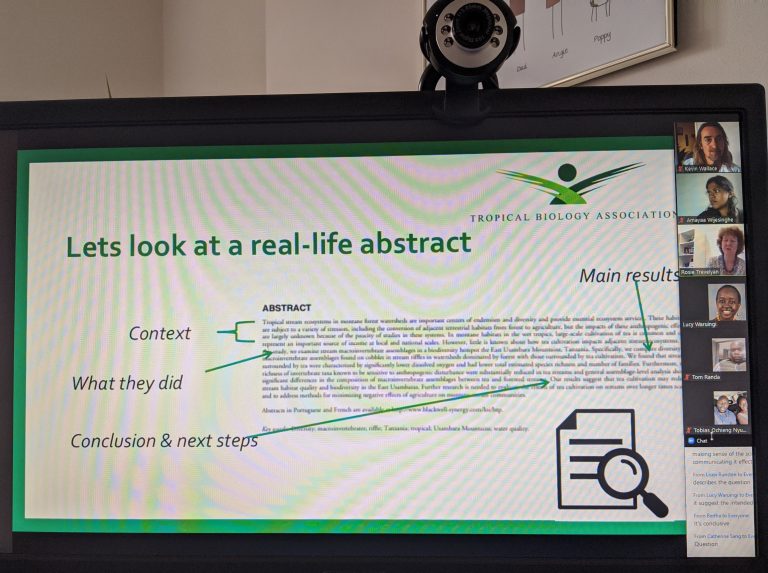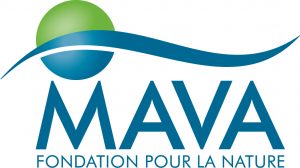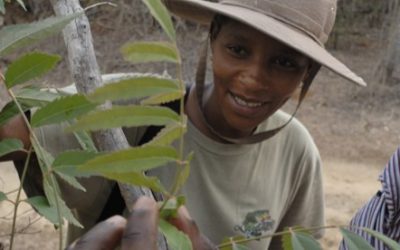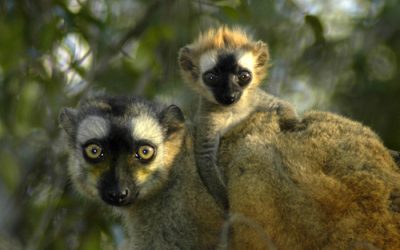Virtual Field Courses
Each year, over 500 aspiring conservation scientists apply to attend one of TBA’s field courses. With only 24 places on each course, we have to turn away 90% of deserving applicants. That is why we are launching TBA’s virtual field courses: to reach out to a larger cohort of students who want to start their career in conservation. These pioneering courses will give students the experience of learning first-hand about conservation and ecology, using TBA’s rich source of practical resources and data we have accumulated from our diverse field sites. Students will meet like-minded conservationists from around the world and work together on field exercises and online research projects. Experts from TBA’s network will also take part in the teaching so that students can learn valuable insights into how to meet the challenges of real-world conservation.
TBA’s virtual field courses combine 20+ year’s experience of collaborative practical training with cutting-edge e-technology to deliver an engaging and visionary approach to online learning.
Specialist Courses for Conservation Professionals

The first online courses will go live in early 2021, starting with “Designing projects and measuring impact” and “Scientific communication skills and publishing results”. We will then develop online versions of our portfolio of specialist courses which already have a successful track record.
Looking Ahead
Our new courses are combining innovative online technology with TBA’s trademark interactive and inspiring teaching style so that a new community of conservationists can have a real and growing impact in their own countries. The potential for online learning for conservation is still relatively undeveloped, and we would be delighted to work with new partners – from both the conservation and e-technology community – so that we can scale up our work even more and have a greater impact conservation.

The TBA’s e-learning strategy is being launched thanks to a generous grant from the MAVA Foundation.



